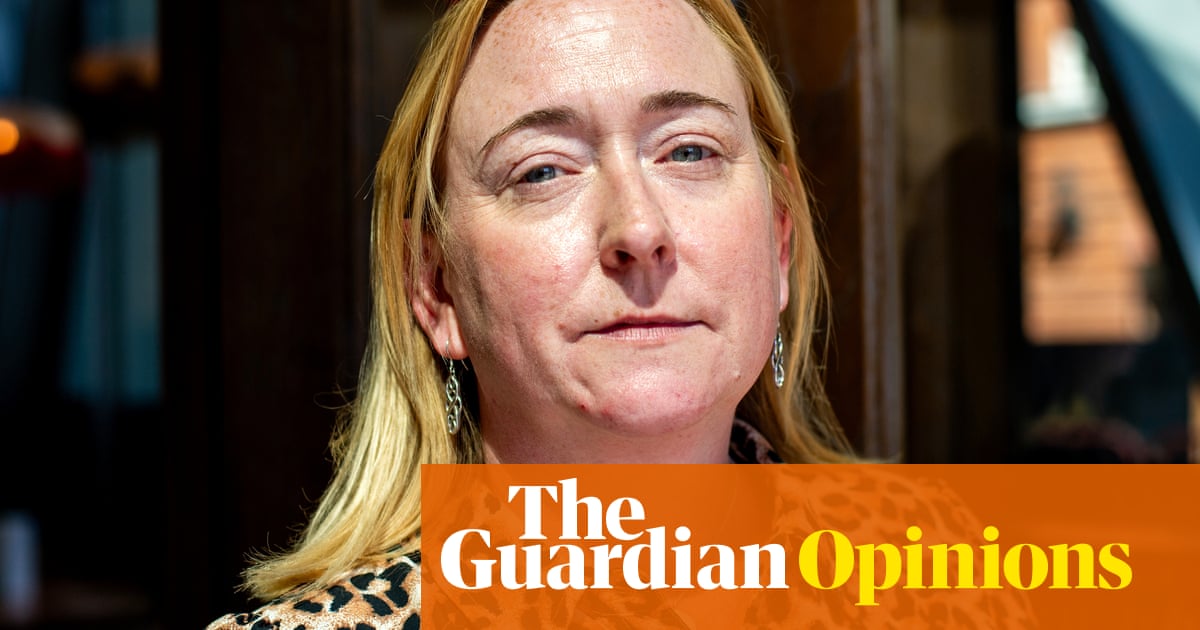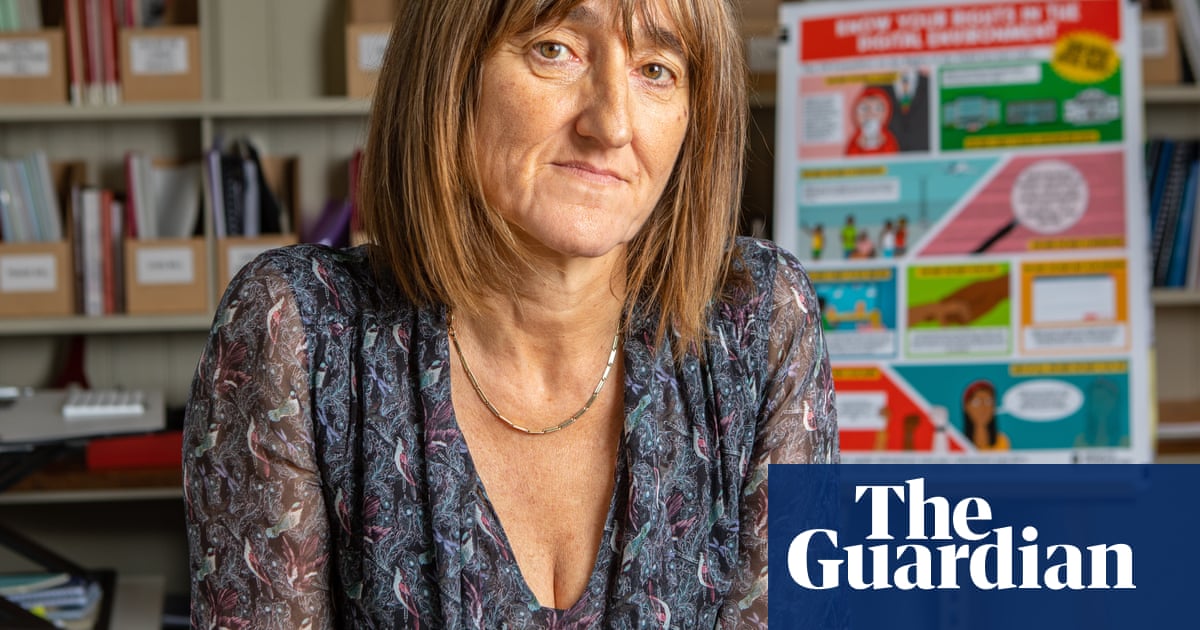You’ve been deceived by the campaign for assisted dying. It has told you who the proposed law is for: people on their metaphorical deathbeds, no hope in sight, desperate to spare themselves and their loved ones the experience of an agonising death. And no wonder – these cases obviously merit sympathy and concern. These are the people campaigners want to talk about; this is the narrative that pushes people into unquestioning support for their cause.
But what of the people the law would include who they don’t want you to consider? Proponents keep saying that the bill is tightly drawn to exclude disabled people, because it limits eligibility to those with only six months to live. But this is patently false. The line between disability and illness – a line this bill relies on – is not a sharp distinction. It is blurry, ever-moving and dependent on social factors far more than biological ones. This knowledge complicates the simple narrative the pro campaign is reliant on.
Let’s take, for example, someone with a progressive neuromuscular condition such as motor neurone disease. Prognoses for such conditions are notoriously hard to get right, and even when everything is above board, it is not uncommon for people to vastly outlive their initial life expectancy. This, it is important to recognise, does not doom them to years of misery. With the right care, including social care and appropriate pain relief, people can and do live happy lives with terminal conditions. (Of course, one of the central issues is that many people do not receive such care.) But the many people living well with “terminal” conditions have been roundly excluded from the debate, because they do not fit the narrative. Instead, we are told that being terminally ill is, quite literally, a fate worse than death. The public – and MPs – need to ask themselves if they believe the wheelchair user they see enjoying time with friends in their local cafe would really be better off dead.
Here, the bill’s supporters cry out that assisted dying will be voluntary; that someone who felt they could enjoy life while terminally ill could simply choose not to die. This is, at best, a deeply naive position. Because the truth is, not everything is always above board. Society is not equal, and plenty of evidence exists that medical bias and negligence are systemic issues. It is not beyond the realm of imagination to consider that a doctor (with or without consultation with the patient; the law gives them extraordinary power) could offer up a shortened life expectancy in order to help, or indeed nudge, a patient along the road to an assisted death. Talk of how much money and resources assisted dying could save the NHS, along with the bill’s weak definition of coercion, only makes this horrific scenario more likely. But proponents say nothing about concerns that newly disabled or newly diagnosed people, who have not had time to process their shock or secure the help they need, could be at risk from actual or perceived pressure, because they don’t fit the narrative, either.
Then there are the people you would never even think might qualify. When MPs last voted on the bill, those with concerns about safeguarding and eligibility were repeatedly told that the bill could be strengthened at committee stage, where a group of MPs would scrutinise the bill’s language and table amendments. Yet over and over, the committee voted down anything that would have tightened criteria in order to protect vulnerable people. While proponents were busy telling the public that the bill was safe and only for those for whom there was no hope of recovery, their supporters in parliament rejected amendments to exclude homeless people and prisoners – some of society’s most at-risk people – from its provisions. What a surprise that they are also beyond pro campaigners’ rhetoric.
Perhaps most shockingly, the committee also voted down an amendment that would have excluded anyone whose physical health is so affected by a mental health condition that it warrants a six-month prognosis – in other words, people with eating disorders so severe they might die. (Having severe anorexia, for example, is not enough to render someone incapable of decision-making under the Mental Capacity Act, and therefore they would qualify to access assisted dying.) This is obviously a horrific choice for the committee to have made. Anorexia, even at its most devastating, is not necessarily a fatal disease (but it is one, let’s not forget, that disproportionately affects young women). People get better. They go on to live full lives. Nothing about anorexia deaths is inevitable. Yet allowing people with eating disorders an assisted suicide may, in the depths of their despair, create perverse incentives to get sicker. Are these the people the pro campaign wants you to think about, or the people they talk about when they lobby MPs? No. But they matter, too.
Of course, the people who are the pro campaign’s focus also deserve better from this badly designed and dangerous bill. But if we are to accurately debate it, and if we are to honestly reckon with the consequences of such a monumental change, we need to at least be completely transparent about who this bill affects. And we need to ask ourselves why it is that assisted dying campaigners aren’t being so forthcoming.
-
Lucy Webster is a political journalist and the author of The View from Down Here: Life As a Young Disabled Woman

.png) 8 hours ago
5
8 hours ago
5

















































